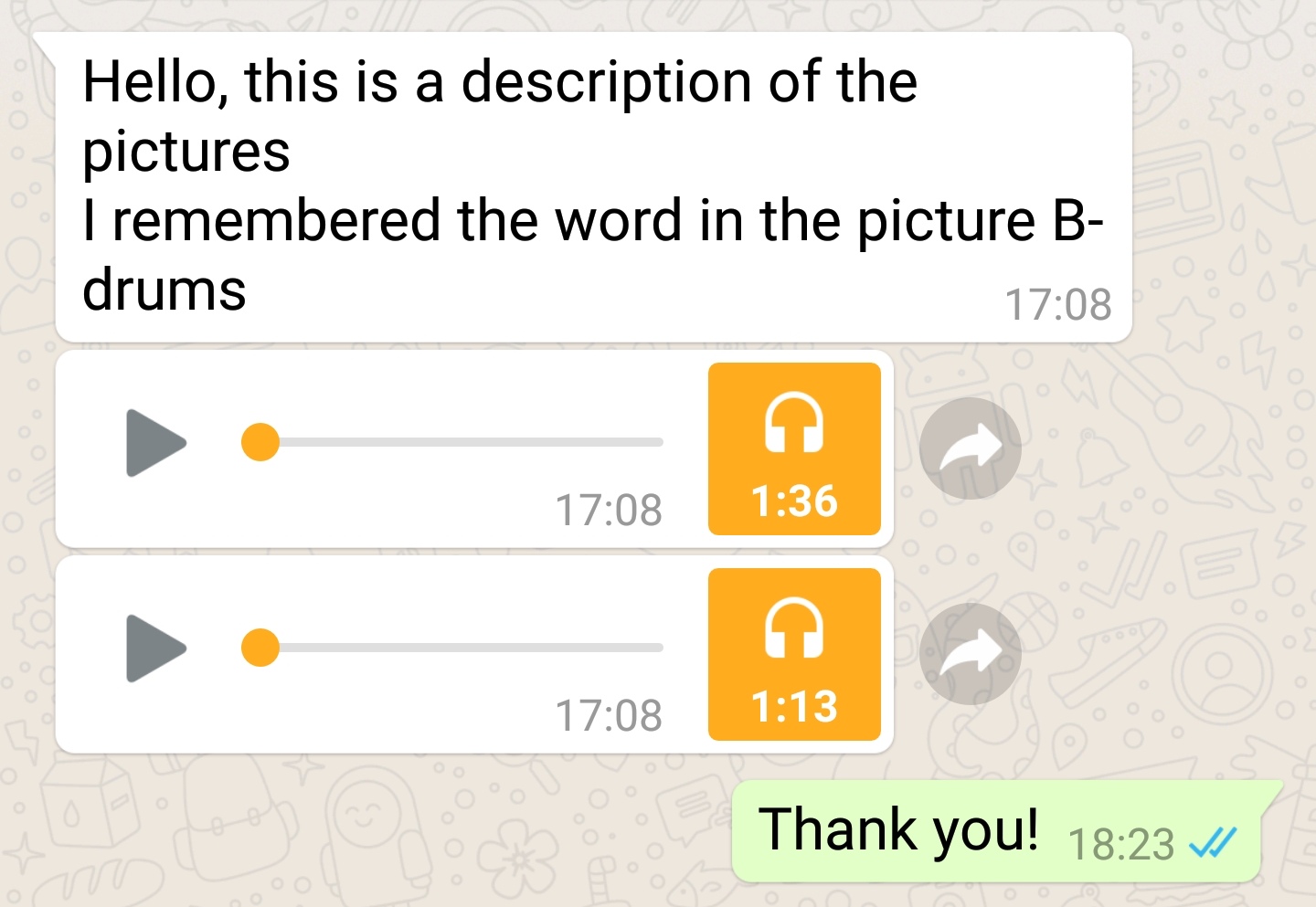Nowadays it is quite hard to imagine everyday life without the use of technologies. On a daily basis, we use gadgets and the Internet for many purposes, including also educational ones. When it comes to language learning, technologies are of great help, especially voice recording tools.
Benefits of Voice Recording
- In cases when teachers lack sufficient time to refine students’ pronunciation, accuracy, and fluency in the classroom, they can assign some speaking tasks as homework. Ask your students to do the speaking task from the course book at home and send you the recording. Evaluate the task performance and conduct face-to-face oral or written feedback. What is more, the most powerful features of voice-recording discussions are the ability to evaluate student understanding and to self-reflect. Teachers can teach how to self assess the recording in the lesson then ask to do that at home — play the part of the audio for the class. Show learners how to transcribe by playing parts of the audio and pausing it to write a sentence at a time on the board. Then, give learners a correction key:
- ww = wrong word
- pr= preposition
- t = wrong tense
- Voice recording can encourage work on pronunciation and accuracy since students have the chance to record, re-record the task for as many times as necessary to feel confident with it. Besides if the speaking task is set as homework it will provide the learners with the possibility to practice speaking at home and not be limited to the classroom speaking time only. For more timid and shy students it is a great chance to gain confidence and the feeling of accomplishment as they can record the task countless time until they are happy with it. Voice recording tools can be used not only as individual speaking tasks but also as pair-work or group work.
- Both teachers and learners get a recording database which tracks the learners progress through a certain period of time and enables to reflect back on what has been done and what has been improved, which aspects of their speech still need further work. Furthermore, the teacher may prepare a task based on common errors.
- Unlimited access to the completion of tasks in terms of the time of the day or the place. Students can record themselves whenever and wherever they want.
- Look at the conversation below. Does it look familiar?

Voice recording tools appeal greatly not only to adults but also to teens and young learners. Nowadays teens often record their voices to vlog, send voice messages, make screencasts and so on. There is a much more communicative purpose to voice recording now. If you work with teenagers, voice recording can help to make your lessons even more engaging as almost every task can be adapted and made more meaningful with voice recording. For example, when working on narrative structures, teenagers may enjoy recording themselves narrating short stories in small groups. These can be swapped with other groups and they can take notes on the usage of some tenses, target vocabulary or storytelling devices. After having covered presentation language and having practiced some in-classroom presentations, teens may be assigned homework presentations and upload them in a class blog or even in a simple Facebook* chatting group. Each learner can choose a peer presentation and grade it according to the template provided by the teacher. While grading they must record themselves.
- Young learners enjoy recording them reading a book or a story. Teachers may organize reading competitions. Learners are divided into pairs and asked to read the target material in the given timeframe. When the time is over they stop reading and send the recording to the teacher. The latter chooses the winner. Furthermore, teachers may focus on some pronunciation errors. Moreover, young learners very often forget to write down the homework. In these cases, voice recording may help. Ask them to record you as you set the homework (the moment needed for the students take out their phones to record your instructions may even provide a point of focus). Similarly, write the homework on the board and ask them to record themselves describing the task in their own words.
- Look at the picture below. What do you think voice recording is used for?

Voice recording tools are of great help while preparing students for exams, like TOEFL, OGE, EGE speaking sections. As in these exams, the speaking part is done in the format of recording and not with the real speaker, students get some speaking practice in the exam format, feel the upcoming exam spirit of talking to a machine and not the real person. While preparing my students for the mentioned exams sometimes I assign the speaking tasks which were done during the lesson as homework the aim of which is to speak on the same topic implementing the feedback which I gave to them during the lesson. However, sometimes they record themselves on the topics which haven’t been discussed in the classroom. If the learners feel ok with the peer feedback, they can share their homework recordings with their peers and get structured feedback from them using the grading templates designed for the exam. In this way, the exam taking tension will be lowered.
Useful online and offline tools:
- Online voice recording tools — SpeakPipe, Vocaroo, Freetech — allow to record yourself online and share the recording via email, Facebook*, Google Plus, or embed the link in word documents. The recording time is not limited.
- Offline voice recording tools which mainly include applications for computers and mobile phones (CloudRecorder, Top 3 Voice Recorders) as well as voice recorders which every smartphone has. With the help of CloudRecorder you can record any audio material offline, upload them to the cloud when you’re online and access your recordings anywhere.
Voice recording tools will upgrade and bring your Lesson into the 21st Century. It is a great way of having learners fully indulged in the learning process and undertake the role of active learners.






 Вероника Аветисян
Вероника Аветисян 
 Маргарита Аветисян
Маргарита Аветисян 


